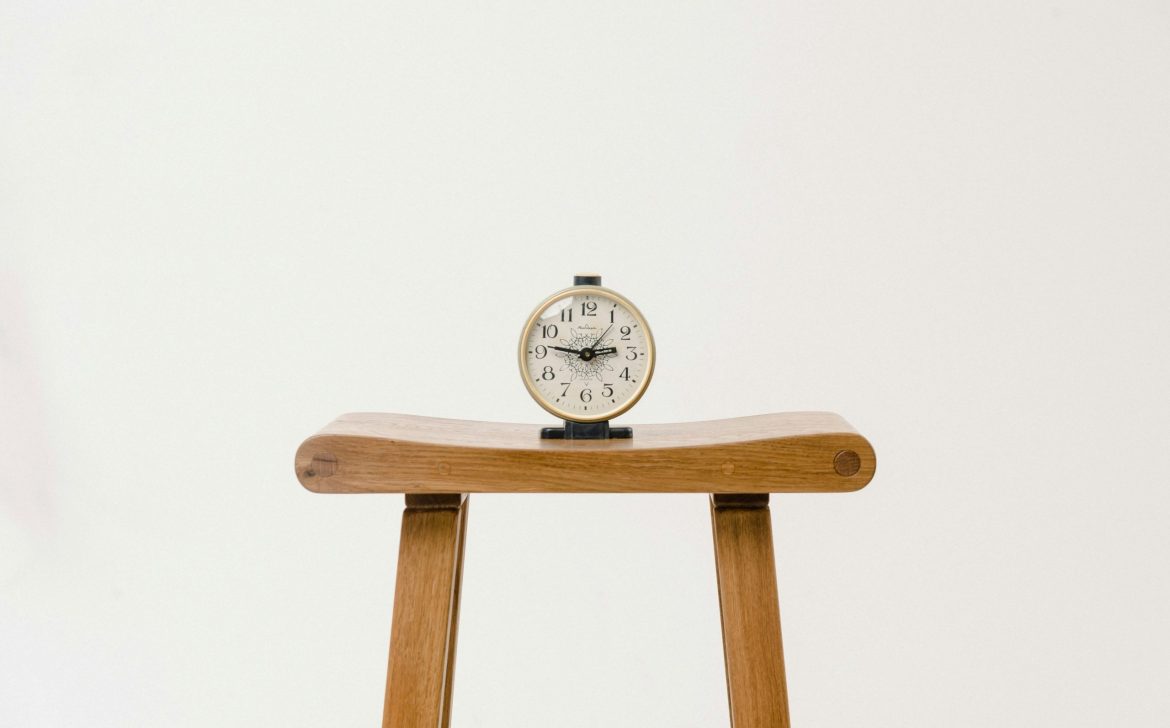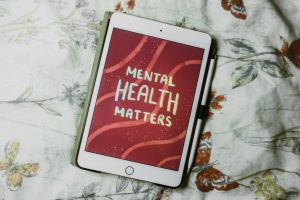The Study Motivation Blueprint: How to Finally Conquer Your Academic Goals!
Included in this article:
Create a Clear, Achievable Plan
Stay Organized
Take Study Breaks
Reward Yourself
You go home after school and check Schoology, Canvas, Google Classroom, or whatever other website your school uses to see that you have 3 untouched assignments and 2 quizzes, all due tomorrow. You’ve had two weeks to complete these assignments, but of course, as always, you waited until the last minute to begin them. You know you should probably stop procrastinating and just get started on all your work, but you do not even know where to begin, and you would much rather just sit in your bed all day and binge some Netflix. It’s okay; we have all been there and have had times when our motivation is not at its best. What is important is learning the tips and tricks to overcoming the looming procrastination and lack of motivation that troubles many students today. Keep reading to learn more!
Summary
Do you struggle with staying on task while studying? Maybe you find yourself stressing about a million different things at once. Maybe you struggle with disorganization and a lack of motivation to do your work. Is procrastination eating away at you? Read below to learn my personal tips and tricks that will guarantee you greater motivation while studying! This plan has worked for me when I was struggling to find motivation throughout high school and I have carried it with me into college. By learning how to create a clear and manageable study plan, organization tips, taking breaks, and rewarding yourself, surely you will find something new to take away from this article that will help guide you toward achieving your academic goals and becoming a better student overall!
Create a Clear, Achievable Plan
Start by writing out a detailed plan of everything you want to get done. Have a checklist. Checklists can make you feel very accomplished and motivate you to keep that feeling of productivity going each time you check something off. Begin by organizing everything by due date; things that are due sooner should be at the top of your list. To make things simpler, break down each item on your list into smaller, more manageable steps. For instance, if you have a test in two days, write what steps you plan to take to study for that test. You could write “review notes” and “check class slides” under this list. This can make it seem less of a daunting task and can help you organize all your ideas and make sure that you do not forget any important steps.
If you have multiple assignments due on the same day, space them out and do a little bit of work each day so that the assignments don’t all pile up last minute. Keeping a list of all your work and due dates can be an essential step to making sure that you are not forgetting anything and that you are not leaving multiple assignments to be completed on the same day. Take it step by step, and day by day with your assignments. As previously stated, give priority to the assignments/quizzes/tests that are due sooner.

Source: unplash.com
Something that can help keep you on task with your plan is following a study technique. My personal favorite, and one you have probably heard of before is The Pomodoro Technique. This technique involves 25-minute intervals of working with 5-minute breaks in between which helps with maintaining focus and minimizing distractions. After 4 rounds of this, take a longer 30-minute break and repeat the process until you are done with all your work for the day. This technique is very effective for breaking large assignments into smaller, more achievable chunks that’ll make you feel a lot less overwhelmed and stressed about your workload. Give it a try for yourself and see how well your focus and motivation improve!
Stay Organized

Source: unplash.com
Organization is key to accomplishing anything! If your workspace and materials are a mess, you will be more likely to feel anxious about doing your work and unmotivated to even start. As someone once said, “For every minute spent organizing, an hour is earned”. People often do not realize the effect that organization has on their ability to maintain motivation and feel productive. An organized space can significantly help to reduce distractions. When your environment is clutter-free, it is easier to concentrate on the task at hand. A chaotic workspace can lead to a chaotic mind, making it hard to focus and stay motivated. Organization allows you to visually see your work progress through ways such as keeping a to-do list and reinforces a sense of achievement, thereby, boosting motivation.
Another tip for keeping organized, alongside creating a checklist and schedule of all your work, is to take notes. Taking notes helps to keep track of your progress and makes it easier to refer back to when needed. Additionally, it helps you to stay organized and on track with your goals. Keep organized notes for each subject, and divide them into sections based on topics. Color coding your notes can also help you highlight important information, making it easier to recall later on.
Take Study Breaks
As previously mentioned with The Pomodoro Technique, It is important to give yourself breaks in between your study sessions so that you do not get overworked or feel burnt out. You may not realize it, but taking breaks can actually greatly improve your ability to retain information and, therefore, make for a much more productive study session.
Taking short breaks in between studying can help prevent mental fatigue. This allows you to maintain concentration when you return to studying. Stepping away can improve memory consolidation (the process where short-term memories are made into long-term memories), making it easier to remember what you have learned. Another great benefit of taking breaks is that it can lower anxiety and stress levels. This can help you go back to your work with a clearer mind, and in turn, produce greater work.
Taking breaks has great effects on increased motivation because regularly taking breaks can make your work seem less daunting and, therefore, push you to continue doing it. What you do during your breaks can also be very beneficial to your overall study experience. Perhaps, take this opportunity to get up and stretch for a bit. Go outside and take a short walk, breathe some fresh air. Or even just go outside your room for a bit and say hello to your family. It is recommended to avoid using screens during your break and, rather, recharge your energy levels by getting up and doing something.
Reward Yourself
Create an incentive for yourself! Reward yourself over your “small” accomplishments while studying. Let’s say your mom knows you have been craving a sweet treat for a while, so she decides to get it for you, and it’s waiting for you downstairs. Allow it to motivate you; let it be your incentive! Tell yourself that if you complete a certain amount of assignments or study for an exam for a set amount of time, then you will be able to enjoy a yummy treat to reward yourself.


Source: unplash.com
Maybe you have been trying to hang out with your friends for a long time. Promise yourself that if you get everything on your to-do list done, you can go spend a nice, relaxing evening with your friends to reward yourself for your work and de-stress after a long day.
Rewarding yourself after periods of studying can create a positive association with studying in your mind, making it more appealing to stay engaged and keep moving forward in the future. Having a reward in mind while studying can also help you to maintain a positive mood while working, which can make your study experience less stressful, and rather enjoyable. This, in turn, allows you to produce higher-quality work because you are content with what you are doing. Rewards can also help you set and achieve specific goals, giving you a sense of accomplishment once you complete each task. Celebrating your progress while studying (no matter how big or small!) can lead to greater satisfaction and a sense of achievement. This can fuel your sense of motivation and allow you to keep striving to do more.
Final Words:
How has your study motivation changed since adopting this plan? Do you feel like you have been on top of your assignments, have a more organized study schedule, have improved time management skills, and perhaps seen an increase in your grades overall? Remember, what may work for one person may not necessarily work for another, so do not be afraid to try out different study techniques, note-taking methods, and tips, and vary your ideas for giving yourself rewards and breaks. Try out different options until you find something that works for you, I promise you will!
Good luck with all of your academic endeavors!
College admissions and SAT/ACT prep help:
If you need help with your college essay, Prep Excellence can help. Feel free to inquire about these services to cater to your needs specifically.
It’s never too early to start preparing for the SAT and ACT. If you need help with your test preparation, please check out our blog and YouTube channel. Prep Excellence offers several industry-leading test prep courses and top SAT and ACT tutoring that you can take advantage of.
Reviewed by Inayah Ahmad, Dr. Kaisar Alam, Ashfaqur Rahman, and Kurratul Ayin
















